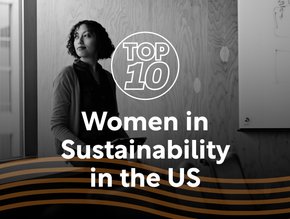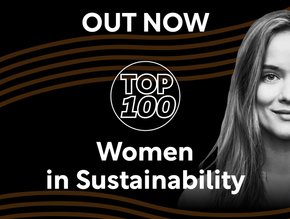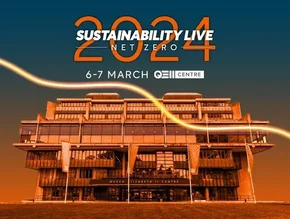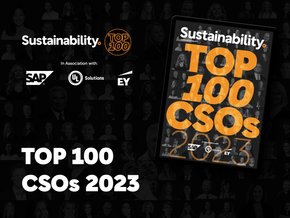10 Countries Tackling Plastic Pollution
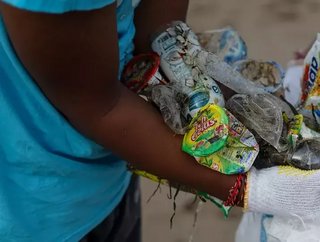
Recycling is an increasingly important subject with global warming and climate change. Waste management programs allow countries to recycle materials in order to reuse them, this means they don't have to rely as much on raw materials. Recycling waste instead of putting it into landfills also reduced the amount of greenhouse gases produced. With the use and introduction of efficient recycling schemes there is less litter in local environments and communities and less waste produced in total. Here we take a look at 10 different countries leading the way in recycling and waste management.
10. Brazil
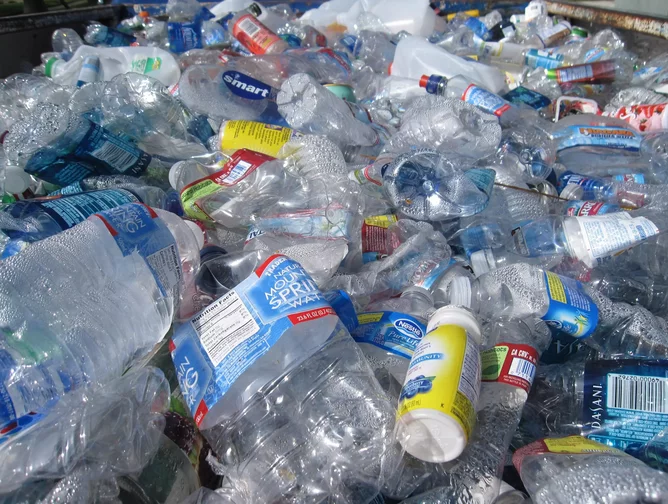
The city of Curitiba in Brazil is known for its recycling scheme. Over 70% of waste produced is recycled. This scheme is no more expensive than using landfills and gives people of the community jobs. The recycling program also helps people from lower class communities, when taking waste to the centres tokens are given which can then be exchanged for transport and food. Waste is not only recycled but also reused, old buses are renovated into mobile schools.
9. Austria
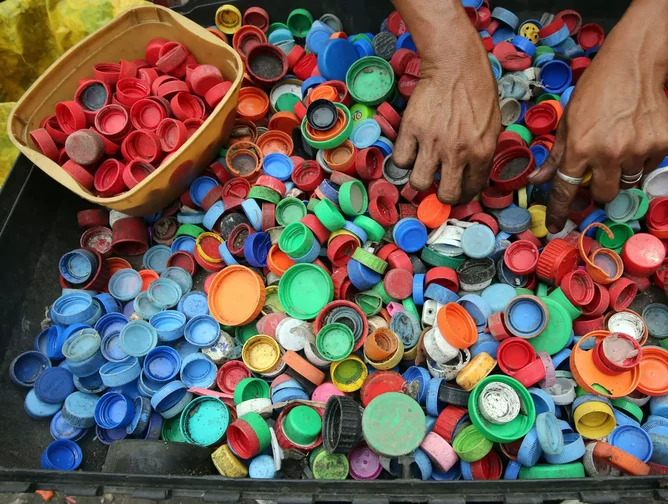
Austria has one of the highest recycling rates across the globe. 96% of Austria's population separate their waste into the recyclable categories. Annually every household sorts an average of a million tonnes of waste. Since the beginning of 2020 the country has put a ban on plastic bags.
8. Canada
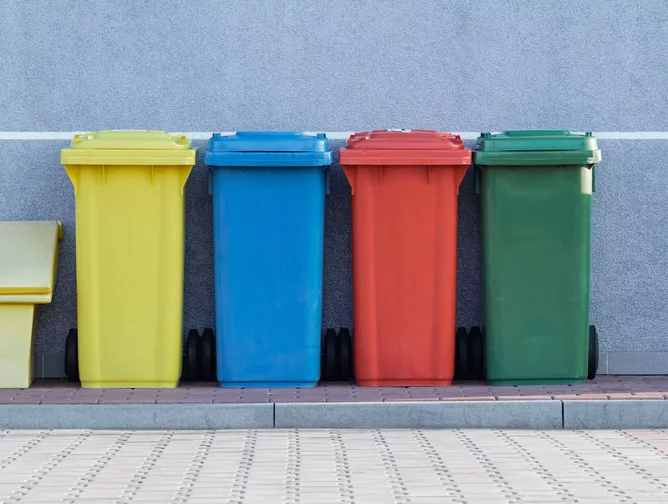
Recycling in Vancouver is really important, food scraps are banned from the standard waste bins, and it is mandatory to have this waste in the green compost bin. This benefits the country because when food is disposed of properly it releases less carbon dioxide than in landfills.
7. Wales
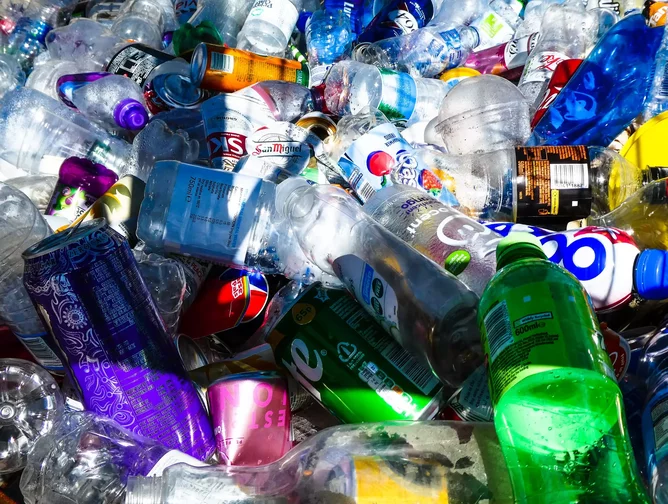
Wales recycle around 65% of their total waste, they achieve this through the use of their councils and their citizens. In 17 out of the 22 councils waste is sorted by residents and the remaining areas are sorted by the council. By 2025 Wales plans to recycle 70% of waste and the want to turn the remaining 30% processed by waste plants. The country recycles paper, glass, card, metal cans, and plastic pots, tubs and trays. This recycling program has led the way in the UK.
6. United States
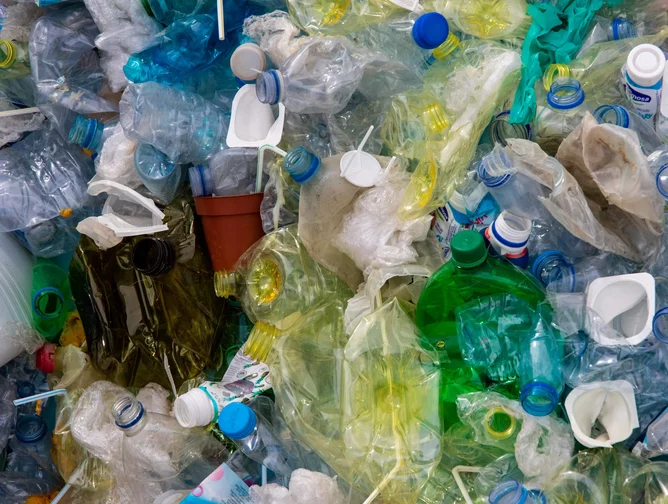
San Francisco's recycling scheme has 3 different categories: compost, recycle and landfill. Compost contains: food scraps, paper and garden trimmings. Recycled contains: paper, card, glass, aluminum, hard plastics and plastic bags. Not much waste belongs in the Landfill category, some items that are included are broken glass, cat litter and ceramics. The state plans on receding their use of landfills to zero by 2030.
5. Switzerland
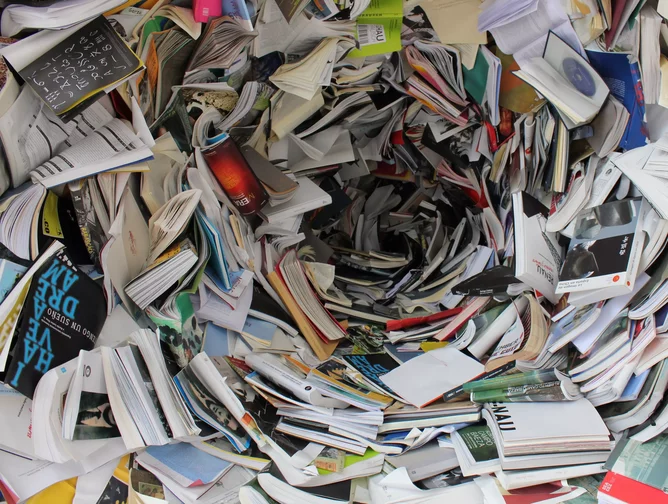
Across the city of Zürich in Switzerland there are around 12000 different recycling points. Recycling is either done through door to door collection or at the recycling collection points. It is mandatory to recycle in Switzerland and failure to do so can result in fines. 50% of waste is recycled and the remaining waste is used to produce energy. None of the waste created in the city or the country ends up in landfills which reduces greenhouse gas emissions.
4. Singapore
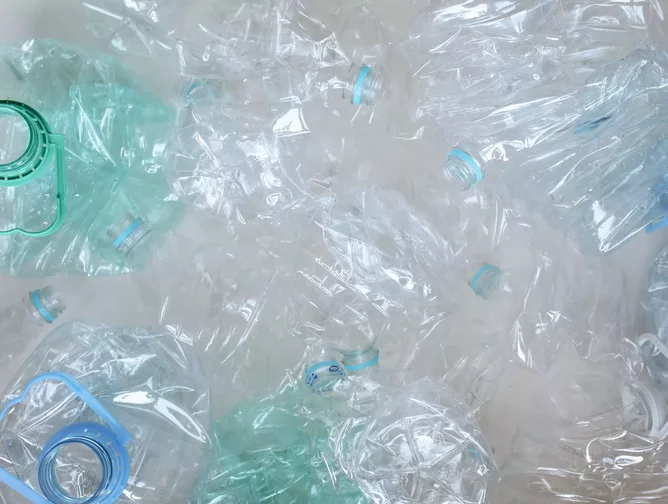
The city of Singapore has some of the lowest usage of landfills in the world. Companies in this country are fully responsible for the waste they produce and how they dispose of it. Waste is collected in designated trucks and taken to centres where it is sorted into different recycling streams. The country only has one landfill which is predominantly used for un-recyclable plastics, the rest of the waste which can not be recycled is incinerated.
3. South Korea
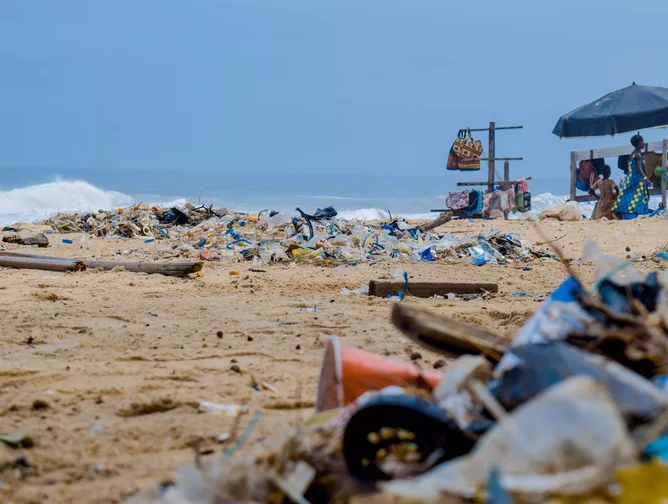
During 1995 South Korea food recycling rate was 2%, their rates have now increased to an impressive 95%. The country was able to reduce their food waste with the implication of a food waste fee, households pay a small monthly fee for each bag of biodegradable food scraps. All waste must be sorted into the specific categories, and must be flattened or compressed before it can be recycled. Almost everything can be recycled in South Korea for example: steel, fabric, TVs, Sofas, and styrofoam.
2. England
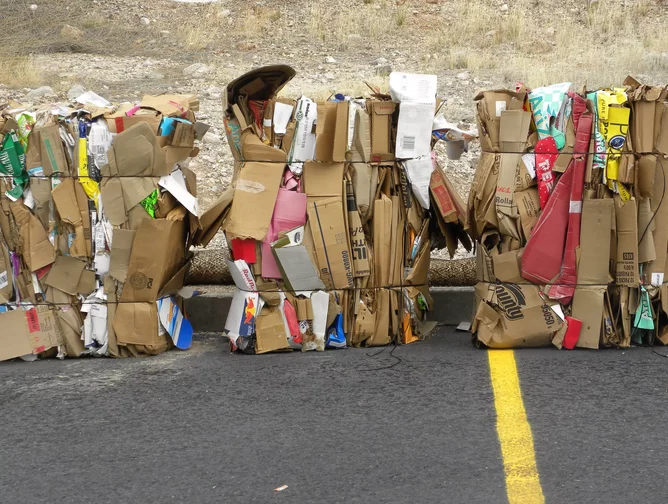
Leeds in the UK is home to a large recycling scheme called Zero Waste Leeds. Zero Waste Leeds not only recycles a wide range of waste, it also reuses unwanted items and creates articles and tips for recycling. Last year Leeds 12,000 tons of glass waste, this year there are now 700 bottle banks located across the area. There is also a project where the public can donate unneeded school uniform and sports kit items which are then given to families and children that need them, this not only helps the local community but also reduces the amount of textile waste.
1. Germany
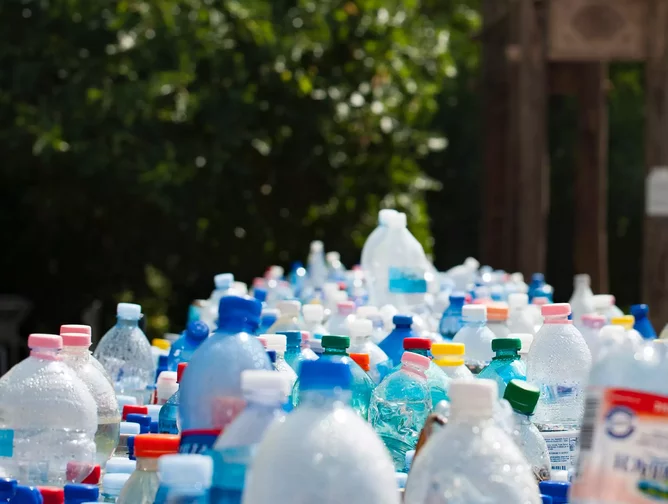
Germany is leading the way in waste management and recycling. With the introduction of their recycling scheme the country has been able to reduce their total waste by 1 million tons every year. Germany recycles 70% of all waste produced, this is the most in the world. The country achieved this through their policies regarding waste, companies are held responsible to whether or not their packaging is recyclable, when consumers purchase goods they are then responsible for the disposal of them. As well as these policies the country has implicated the Green Dot policy which means all recycled packaging must be marked and need to be approved to use that mark. Companies also have to pay a fee when more packaging is used, this has led to not only less packaging but also thinner glass, paper and metal. There are 5 different bins used to differentiate waste and rubbish.

